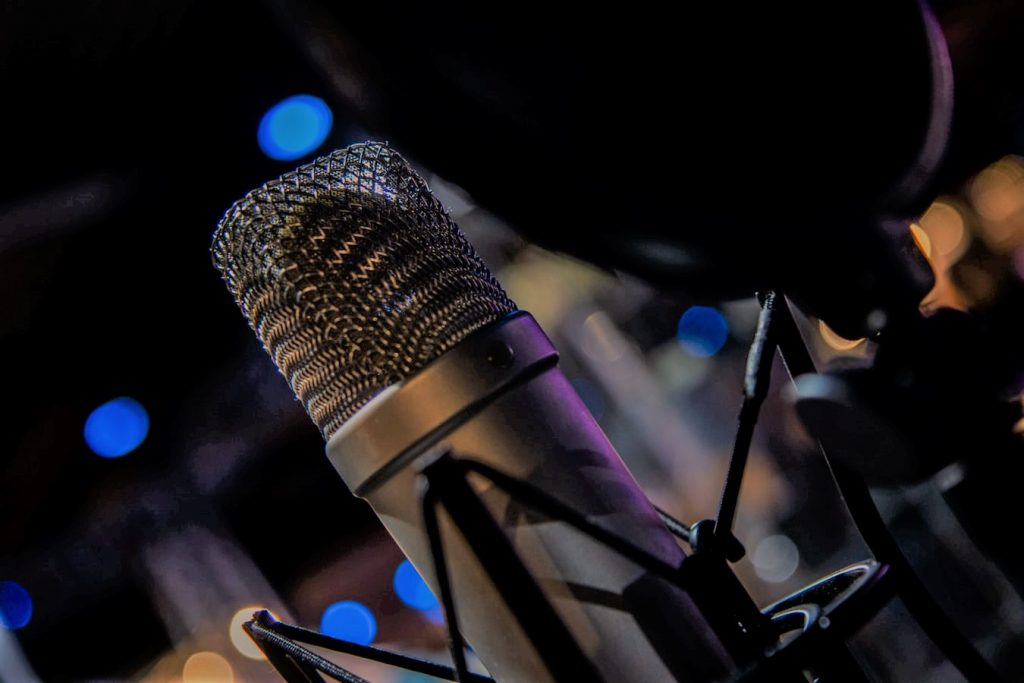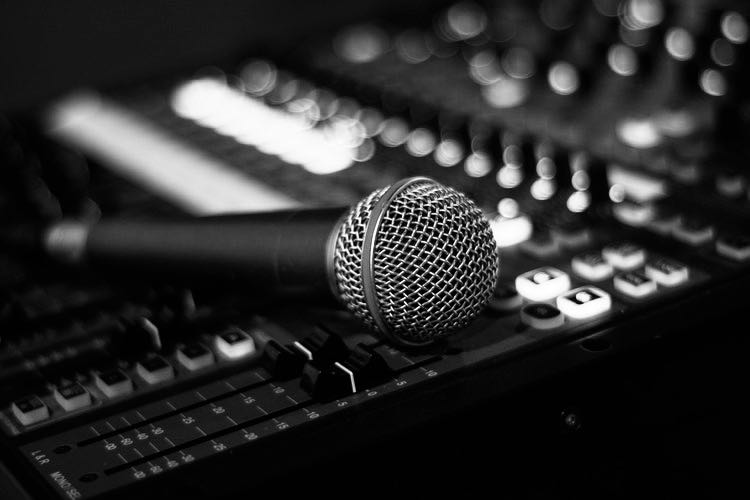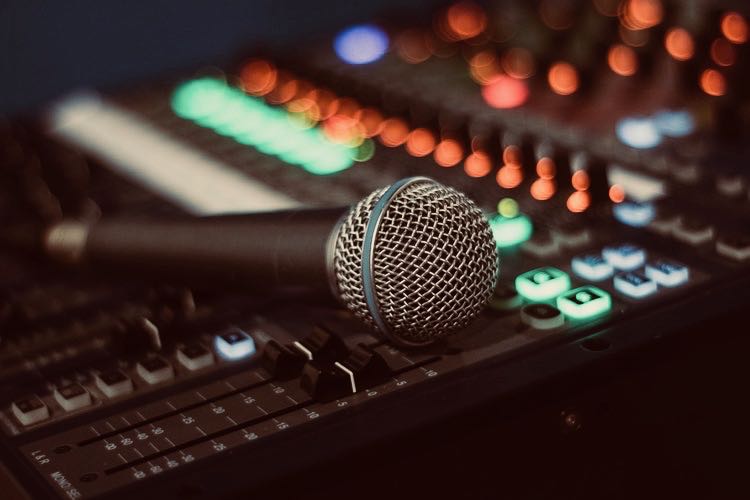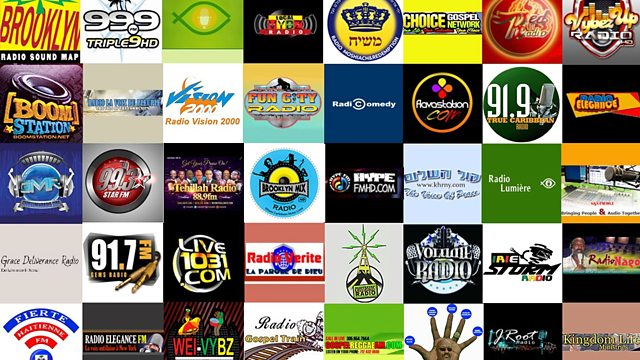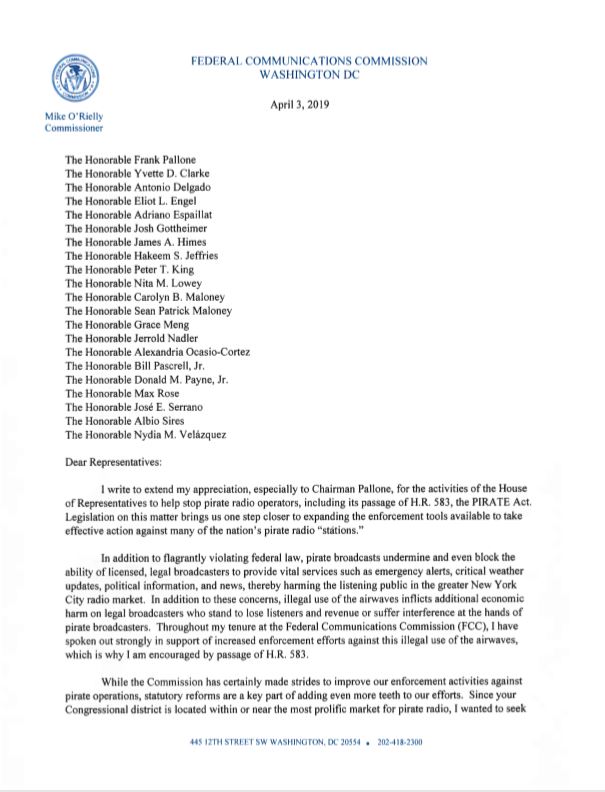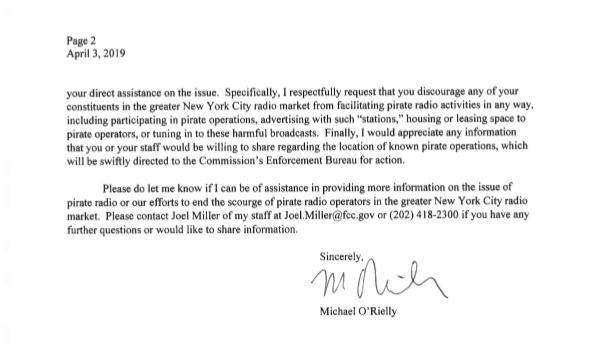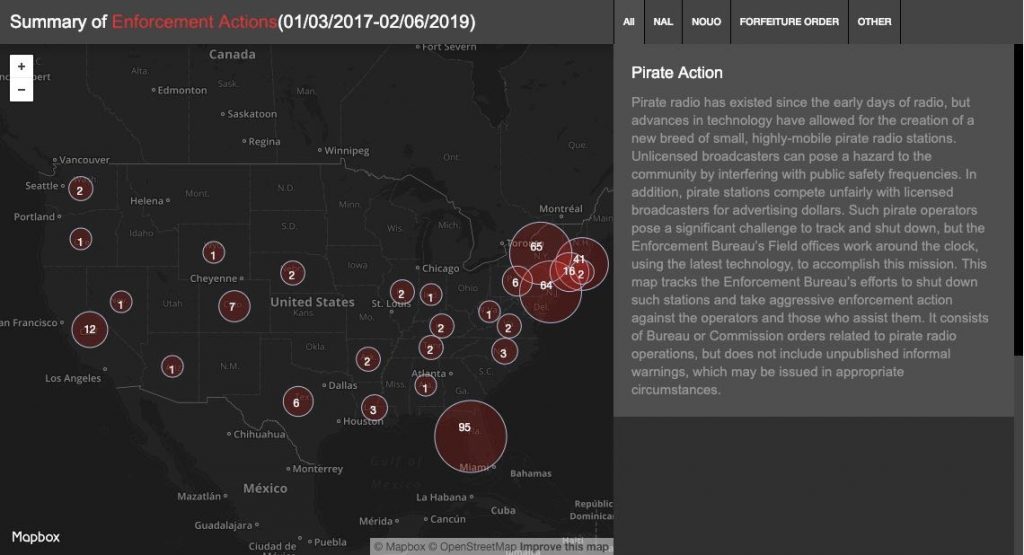 Radio Waves: Stories Making Waves in the World of Radio
Radio Waves: Stories Making Waves in the World of Radio
Because I keep my ear to the waves, as well as receive many tips from others who do the same, I find myself privy to radio-related stories that might interest SWLing Post readers. To that end: Welcome to the SWLing Post’s Radio Waves, a collection of links to interesting stories making waves in the world of radio. Enjoy!
Many thanks to SWLing Post contributors Ron, Pete Eaton, Paul Evans, and Jennifer Gulley for the following tips:
FCC Fines HobbyKing Nearly $3 Million for Marketing Unauthorized Drone Transmitters (ARRL News)
The FCC has issued a Forfeiture Order (FO) calling for HobbyKing to pay a fine of $2,861,128 for marketing drone transmitters that do not comply with FCC rules. An FCC Enforcement Bureau investigation stemmed in part from a 2017 ARRL complaint that HobbyKing was selling drone transmitters that operated on amateur and non-amateur frequencies, in some instances marketing them as amateur radio equipment. The fine affirms the monetary penalty sought in a June 2018 FCC Notice of Apparent Liability (NAL). The FCC said its investigation found that dozens of devices marketed by the company transmitted in unauthorized radio frequency bands and, in some cases, operated at excessive power levels. “Such unlawful transmissions could interfere with key government and public safety services, like aviation systems,” the FCC said.“We have fully considered HobbyKing’s response to the NAL, which does not contest any facts and includes only a variety of legal arguments, none of which we find persuasive,” the FCC said in the FO. “We therefore adopt the $2,861,128 forfeiture penalty proposed in the NAL.”[…]
High School Marine Buoy Transmitter Now Active on 20-Meter WSPR (ARRL News)
Phil Karn, KA9Q; Randy Standke, KQ6RS, and members of the Mount Carmel High School Amateur Radio Club (MCHSARC) in San Diego have constructed and deployed an amateur radio marine buoy in the Pacific. The buoy, which transmits WSPR on 14.0956 MHz USB, has already been heard around the continental US, Brazil, Hawaii, Japan, Costa Rica, Australia, and South Africa.
“Over the past year, Randy and I have mentored the MCHSARC in designing and constructing a simple marine buoy that was deployed from the RV Sally Ride [on July 16], about 700 kilometers off the coast of southern California,” Karn said in a post on the AMSAT Bulletin Board. “It is up and transmitting WSPR on 20 meters using the call sign KQ6RS, and is being received all over the US and into Canada and Brazil.” Karn is blogging about the project with updates.
The electronics are the 20-meter WSPR version of the WB8ELK “pico tracker” that has been flown on long-duration balloons. “We removed the solar panels and substituted 21 ordinary alkaline D cells, wired to supply 4.5 V,” Karn explained. “We estimate battery lifetime will be 6 months.”
[…]The first reception report was on July 16 at 12:52:30 UTC from grid square CL89eu, although the current carried the buoy east into CL89fu at 20:32:30 UTC. The buoy (KQ6RS-1) can be tracked on the APRS and WSPRnet sites.[…]
Stop Bad Laws Before They Start (Hackaday)
With everything else going on this summer, you might be forgiven for not keeping abreast of new proposed regulatory frameworks, but if you’re interested in software-defined radio (SDR) or even reflashing your WiFi router, you should. Right now, there’s a proposal to essentially prevent you from flashing your own firmware/software to any product with a radio in it before the European Commission. This obviously matters to Europeans, but because manufacturers often build hardware to the strictest global requirements, it may impact everyone. What counts as radio equipment? Everything from WiFi routers to wearables, SDR dongles to shortwave radios.
The idea is to prevent rogue reconfigurable radios from talking over each other, and prevent consumers from bricking their routers and radios. Before SDR was the norm, and firmware was king, it was easy for regulators to test some hardware and make sure that it’s compliant, but now that anyone can re-flash firmware, how can they be sure that a radio is conformant? Prevent the user from running their own firmware, naturally. It’s pretty hard for Hackaday to get behind that approach.[…]
New Internet Radio Station Helps Seniors Share Their Favorite Music (NPR)
A new internet radio station called Radio Recliner has started during the coronavirus pandemic. It gives residents in senior living facilities a chance to share some of their favorite music.
Click here to check out the Radio Recliner website.
Do you enjoy the SWLing Post?
Please consider supporting us via Patreon or our Coffee Fund!
Your support makes articles like this one possible. Thank you!


